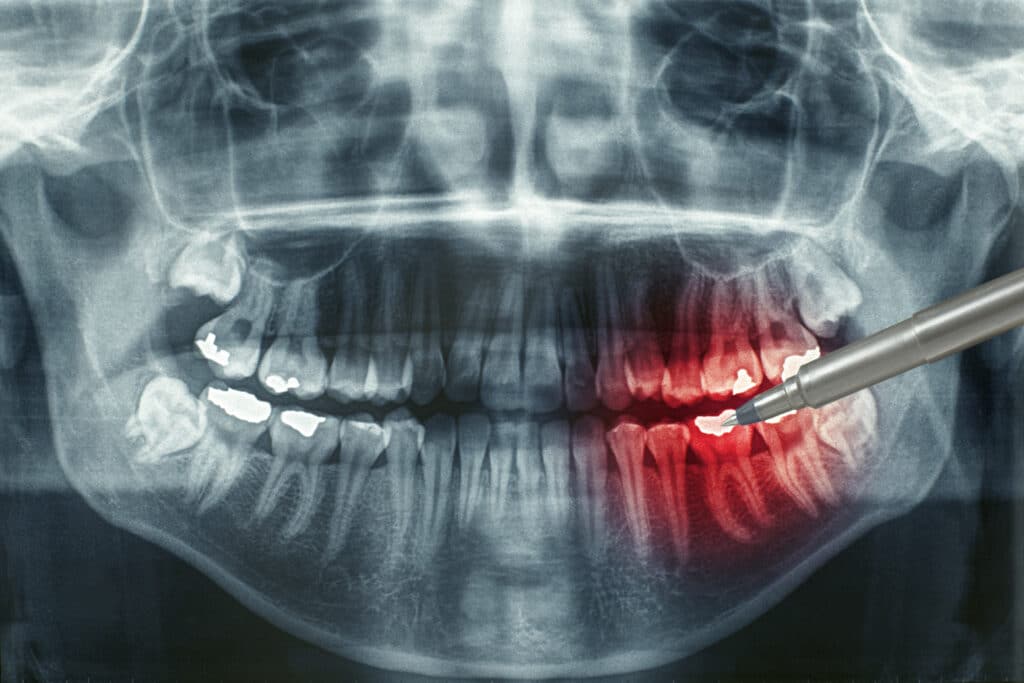What Is Dental Trauma?
Dental trauma refers to injury to the teeth, gums, or surrounding oral tissues, typically resulting from accidents, sports injuries, or falls. The severity can vary greatly, with injuries ranging from minor chips or cracks in the teeth, to displacement or avulsion (complete knock-out) of the teeth, or even fractures that extend to the root and pulp of the teeth.


Types Of Dental Trauma
There are several types of dental trauma and each requires a specific level of care.
The following are the different types:
- Chipped or cracked teeth: These are minor fractures affecting the tooth’s outer layers, the enamel and dentin.
- Root fractures: These are more severe and involve a fracture line that extends vertically down the root of the tooth.
- Luxation: This is the displacement of a tooth from its normal position, either being pushed sideways, forwards, backwards, or into the jawbone.
- Avulsion: This is the complete knock-out of a tooth from its socket.
How Can Endodontics Treat Dental Trauma?
Endodontics plays a crucial role in managing dental trauma, particularly when the tooth’s pulp or root is involved. Treatment can range from a simple procedure such as reattaching a broken piece of tooth, to more complex procedures like root canal therapy or surgery to repair a fractured root. Endodontists have specialized training to deal with such injuries, aiming to relieve discomfort, save the tooth, and ensure it functions normally in the future.


The Dental Trauma Treatment Process
The treatment process for dental trauma varies depending on the type and extent of the injury. Here is a general overview of what to expect:
- Evaluation: First, an endodontist will assess the injury, often with the help of dental x-rays, to understand the extent of the damage.
- Immediate care: For severe injuries like avulsion, immediate action is taken to replant the tooth in its socket, if possible.
- Root canal treatment or surgery: If the tooth’s pulp or root is damaged, root canal treatment or endodontic surgery may be required to preserve the tooth.
- Follow-up care: Regular follow-up appointments are necessary to monitor the healing process and to check for any signs of infection or resorption.
Remember, dental trauma requires prompt attention. If you experience any form of dental injury, reach out to our experienced team. We’re here to provide you with expert care when you need it the most.

